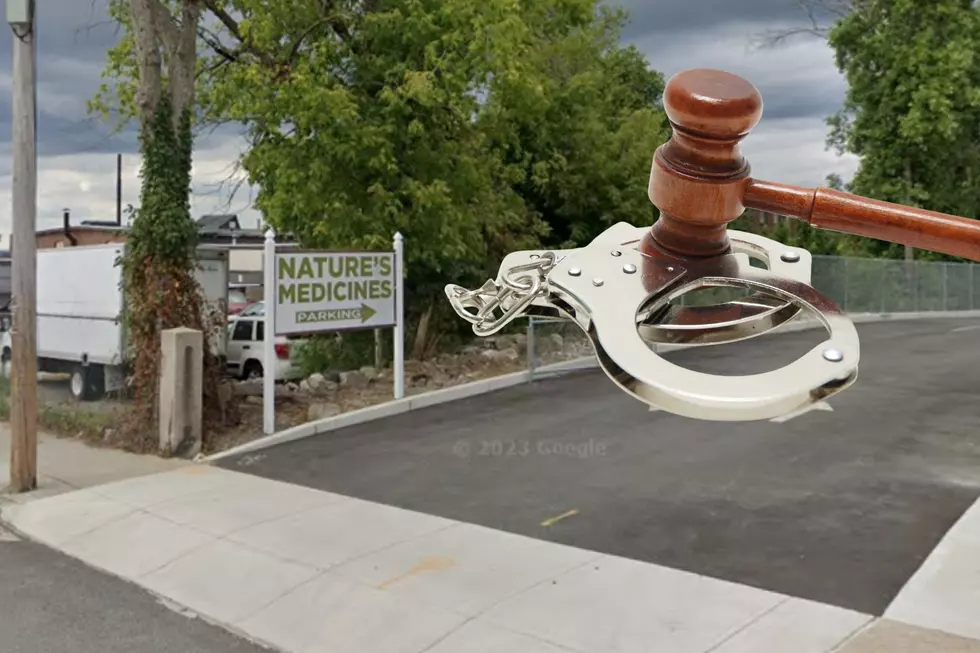
Report Urges State Officials to Dramatically Expand Clean Energy
FALL RIVER — The push for Massachusetts to completely rely on renewable energy by the year 2050 is growing as state officials consider whether to pass legislation that would accelerate the growth of clean energy.
The state House and Senate has until July 31, the end of legislative session, to decide on enacting a law that would dramatically expand renewable energy in Massachusetts. It would also eliminate arbitrary caps on solar power and increase the renewable portfolio standard by three percent per year.
In anticipation of the July 31 deadline, the Environment Massachusetts Research & Policy Center has released a report that includes a state-by-state assessment of the growth of clean energy technologies over the past decade. The report, entitled Renewables on the Rise 2018: A Decade of Progress Toward a Clean Energy Future, compares the Commonwealth's progress to that of other states in key areas such as wind energy, solar energy, electricity energy efficiency programs, electric cars, and energy storage.
State Director of Environment Massachusetts Ben Hellerstein and President and CEO of the South Coast Chamber of Commerce Rick Kidder presented the report to the media at Fall River's Kennedy Park on Tuesday. Hellerstein says that the legislation being discussed at the state house require the state to work to reach goals of fifty-percent reliability on renewable energy by 2030, and 100-percent by 2050.
“We think that not only are those goals necessary to protect our health and protect our communities, but they absolutely are achievable. We've seen rapid growth in clean energy in the last few years. We've seen technologies like battery storage and electric vehicles become more and more cost competitive as the years go by,” Hellerstein argues. “Really, the question is 'are we as a state going to have to political will necessary to transition to renewable energy and to do what it takes to protect our health and have a safe future for our children?'”
In the SouthCoast, the offshore wind energy has found a bright future, with the report finding that wind collected off the shores of the Bay State could produce up to 90-times more energy than it consumes. The report also finds that Massachusetts has seen a 246-fold increase in the amount of electricity it gets from the sun.
A noted and ongoing issue with the offshore wind industry in New Bedford has been the effect it could potentially have on the fishing industry, the city's financial backbone. Known as the most lucrative fishing port in the country for years, New Bedford fisherman have been slammed with federal and state regulations in recent years from the Magnuson-Stevens Act to the penalties handed out by NOAA following the conviction of 'Codfather' Carlos Rafael by the federal government for his overfishing scheme.
Kidder says that eventually the two industries need to come together and find ways to coexist. From a business perspective, Kidder says that the fishing industry has been and will be an economic powerhouse and that the addition of offshore wind will bring introduce a new industry to the area.
“If you go back to the history of the old west, you had the ranchers versus the farmers and those are two industries that found ways ultimately to come together. This has to be the case for us as well because in New Bedford fishing is our largest based industry, so that has to be protected while at the same time we find new and creative ways to meet the needs of both the fishing industry and the energy industry because they need to coexist,” said Kidder. “This region has not experienced the kind of success as other parts of the Commonwealth have, and we need to get more on the band wagon. Quite frankly, in our case, offshore wind is a major player in doing so. It introduces a new industry to our community with good, high paying jobs that will put some people to work in a new way.”
Hellerstein says that as an environmental organization, Massachusetts Environment is concerned about the health of marine ecosystems and species, specifically naming the North Atlantic Right Whale, but believes that the offshore wind and fishing industries can ultimately coexist.
“The bottom line is that we have this enormous energy resource off of our shores, and the sooner we can tap into that wind-energy potential and a responsible way, the sooner we'll see cleaner air, healthier communities, and a safer climate,” said Hellerstein.
More From WBSM-AM/AM 1420









